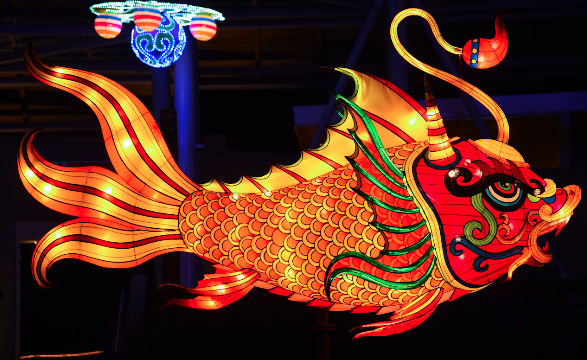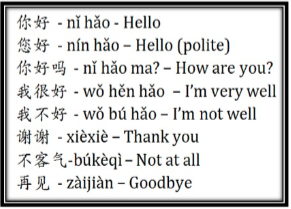Simplified Vs Traditional Chinese

A common question from learners of the languages written and spoken in China and the region is:
What is the difference between Simplified and Traditional Chinese and how do Mandarin and Cantonese relate to this?
As language service providers, we have to know the answer to this question comprehensively.
Mandarin and Cantonese are the two most common verbal Chinese dialects, but when it comes to writing, the use of Simplified and Traditional Chinese varies can differ across states and countries. For example, not everyone who speaks Mandarin writes in Simplified Chinese and not everyone who speaks Cantonese writes in Traditional Chinese. In China and Singapore, Mandarin is the spoken language, with people writing in Simplified Chinese. In Hong Kong, Cantonese is the predominant dialect, with people writing in Traditional Chinese. The exception to this rule is Taiwan where people speak Mandarin and write in Traditional Chinese

Simplified Chinese was established in 1949 when the communist regime in China took power. The new government wanted to increase literacy so complex traditional writing was simplified using fewer strokes for complex characters and some characters were replaced altogether. While Simplified Chinese took over mainland China, Taiwan and Hong Kong continued with Traditional Chinese, which had been used for thousands of years. Originally, the differences between the two writing methods was only related to stroke types. However, over time, new words and concepts were added to Simplified Chinese, widening the gap to the traditional way of writing; because China and Taiwan further diverged politically, variations in style and vocabulary have also occurred, similar to those between British and U.S. English.
So, it depends on the geographic location of the target audience, much in the same way as for the differences between Latin American or International Spanish, and Brazilian or International Portuguese.
Did you know?

A billion people around the world speak Mandarin. That’s around one sixth of the world’s population. In recent years, the number of people taking up the language has also dramatically increased to keep up with China’s growing consumer and trading power to ensure they have access to the world’s second largest economy.

National Day of the People’s Republic of China
Every year, this national holiday is celebrated at the start of October, in commemoration of the founding of People’s Republic of China. The weeklong holiday, entitled ‘Golden Week’, is known as the ‘golden time’ for travel. Whilst many do choose to go away on holiday, many choose to stay local and participate in the festivities, such as watching flag-raising ceremonies, attending calligraphy exhibitions and enjoying firework displays.
Prime Production provides translation and interpreting services in Chinese for organisations around the world, and would like to take this opportunity to wish clients and linguists based in China a fun-filled Golden Week.

Leave a Reply